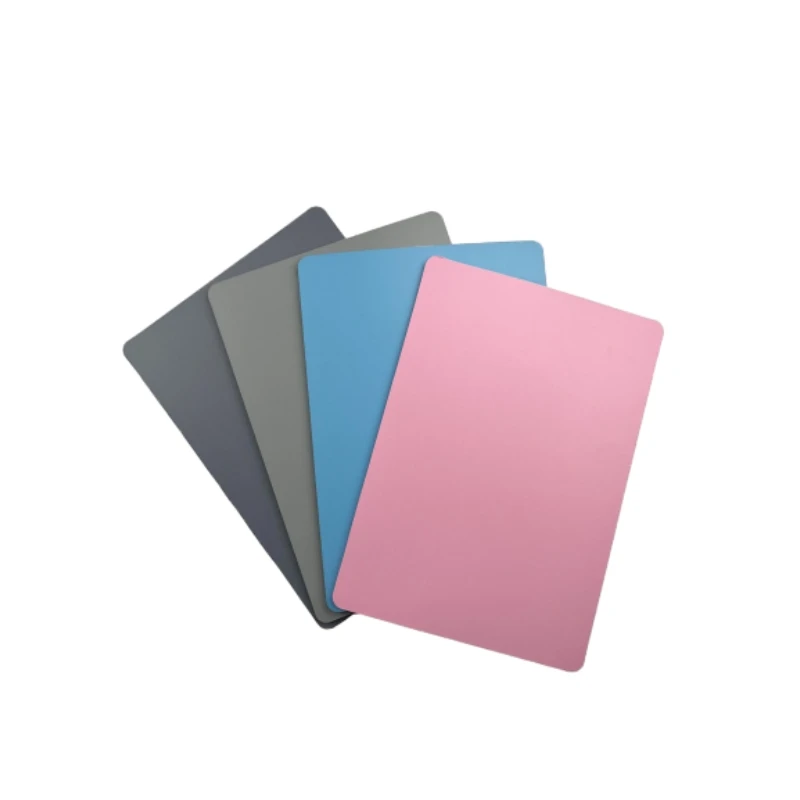Durable and Stylish Commercial Tile Flooring Solutions for Modern Spaces
Commercial Tile Flooring A Durable and Stylish Solution for Businesses
When it comes to selecting flooring for commercial spaces, business owners face a multitude of choices. Among the most popular and practical options is commercial tile flooring. Renowned for its durability, versatility, and aesthetic appeal, tile flooring has become a go-to solution for various commercial environments, including offices, retail stores, restaurants, and healthcare facilities.
One of the standout attributes of commercial tile flooring is its durability. Designed to withstand high foot traffic and heavy loads, commercial tiles are made from robust materials such as porcelain, ceramic, and natural stone. These materials are resistant to scratches, stains, and moisture, making them an excellent choice for businesses where spills and scuffs are common. For instance, in a busy restaurant setting, the ability of tile flooring to resist moisture and stains ensures that the floor remains in great condition, even during peak hours.
In addition to longevity, tile flooring is also incredibly easy to maintain. Unlike carpets, which can trap dirt and odors, tile floors can be easily cleaned with regular sweeping and mopping. Many commercial tiles come with a protective glaze that resists stains and facilitates easier cleaning. This is particularly essential for businesses that need to maintain a pristine environment, as it minimizes the time and effort spent on upkeep.
Another significant advantage of commercial tile flooring is its versatility in design. Available in a vast array of colors, patterns, and textures, tiles can be customized to suit any branding or interior design concept. From sleek and modern aesthetics to rustic and traditional looks, there is a tile option for every style. Additionally, the possibility of combining different tile types allows businesses to create unique and eye-catching designs that leave a lasting impression on customers.
commercial tile flooring

Moreover, commercial tile flooring can also contribute to energy efficiency. Some tiles are designed to reflect light, which can help reduce the need for artificial lighting during daytime hours. This not only lowers electricity bills but also creates a more inviting ambiance in commercial spaces. Furthermore, certain tile options, such as those made from recycled materials, can support sustainability initiatives, appealing to environmentally conscious consumers.
Comfort is another consideration in commercial flooring. While tile is known for its hardness, advancements in technology have led to the development of softer tiles and underlayments that provide cushioning underfoot. This feature is particularly beneficial in environments where employees or customers are likely to stand for extended periods, such as retail or healthcare settings. Using anti-fatigue mats in conjunction with tile flooring can further enhance comfort levels for staff.
However, it's crucial to consider certain factors before installing commercial tile flooring. The installation process may require professional help, which can add to the overall cost. Additionally, while tiles are durable, they can crack or chip if heavy objects are dropped. Therefore, selecting the appropriate type of tile based on the specific needs of the commercial space is essential.
In conclusion, commercial tile flooring represents a smart investment for businesses seeking a flooring solution that combines durability, ease of maintenance, design versatility, and energy efficiency. As industries evolve and trends shift, the functional and aesthetic benefits of tile flooring make it a timeless choice for various commercial applications. Whether it’s a stylish boutique, a bustling café, or a busy hospital, tile flooring can help create a welcoming and professional environment that enhances the overall experience for both employees and customers. As commercial spaces continue to prioritize design and functionality, tile flooring remains an enduring option that meets the demands of modern businesses.
-
Commercial Parquet Flooring: Considerations of Aesthetics, Practicality, And SustainabilityNewsApr.15,2025
-
PVC Sports Flooring: Performance, Applications, And Development TrendsNewsApr.15,2025
-
PP Interlocking Floor: a Paving Solution That Combines Functionality and SustainabilityNewsApr.15,2025
-
Plastic Flooring Tiles Outdoor: Practicality, Sustainability, And Development ProspectsNewsApr.15,2025
-
On the Application of PVC Flooring for Badminton Court in Badminton VenuesNewsApr.15,2025
-
Commercial Wood Flooring: the Balance Between Aesthetics, Functionality, And SustainabilityNewsApr.15,2025
-
The Ultimate Guide to Futsal FlooringNewsMar.27,2025

